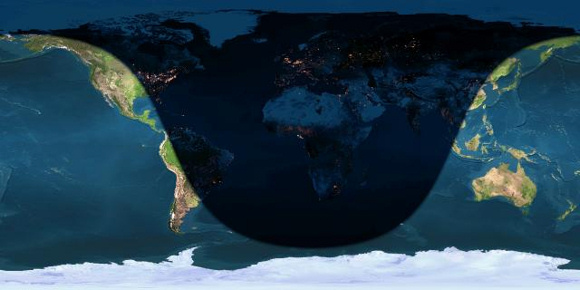My 2015 Keyword
Wow, 2014 was a whirlwind of a year filled with big shows, new workshops and many, many gigs.
My keyword for last year was PRESENT and I think I did.
I premiered my first large-scale improvised composition, Between: A Journey Through the Middle (which was later broadcast on KFAI). I began performing regularly with two groups (BLU-7 and the Give Get Sistet) and I launched a workshop series and collaborated with, instructed and performed with new and returning singers.
My keyword for last year was PRESENT and I think I was. *smile*
The fact that the whole year is a bit of a blur (the way a good improv often is) suggests I was really in the moment for a lot of the year.
…
As I began to think about my word for 2015 (it usually occurs to me to start ruminating around Thanskgiving), I once again thought about what I would like the year ahead to hold, what word could work for the whole year and also what word might push me a little bit.
In other words, what did I want to be/do in 2015?
Immediately, I realized that I want to share more of the music I create with more people, i.e. finally complete and share some of the footage and recordings I’ve been gathering over the past few years.
I also realized that I wanted the year ahead to hold … less.
Not less music or singers or gigs (never less music!), but less physical stuff.
This might be cabin fever (or spring cleaning sneaking up early), but as I said in this post four (!) years ago, I feel the need to make space. (Keep an eye out for the Songtaneous garage sale. I’m only half kidding.) And maybe less other stuff, too. I want to be more mindful in choosing what projects and responsibilities I take on.
With all that in mind, my keyword for 2015 is RELEASE.
release v.
to free from anything that restrains, fastens, etc.; to give up in favor of another; to give over possession or control of
release n.
the releasing of something for publication, performance, use, exhibition, or sale; the state of being freed
I’m not sure what RELEASE will look like as the year progresses, but at the moment, it has me moving through my apartment and selecting things that will move to a new home. And when the part of me that wants to hang onto something comes up, I gently prompt it to release. I remind myself that hanging on to stuff that I might – but don’t actually – use likely stops up energy in some way. It also helps me to think that someone is out there wanting and hoping for the exact thing that I am letting go.
Besides, if can I let go of the things I sort of want, perhaps I can make room for the things I really want.
My friends and family are jumping on the keyword bandwagon, too. (Feel free to borrow a word you like.)
explore, allow, willing, thrift, start, finish, rejuvinate, birth, flourish, savor, simplify, balance, create, dare, abundance, discover, nourish, nurture, wellness, health, perform, discipline, shimmer, wealth, empower, embody, authentic, rebound, be, imperfect, share, focus, present …


[…] Last January I picked RELEASE as my word for the year. Usually, my word for the year or “keyword” works in the background; I go about my business and my word goes about its business and we meet again to review at the end of the year. […]
12 Jul 2015 at 11:40 pm